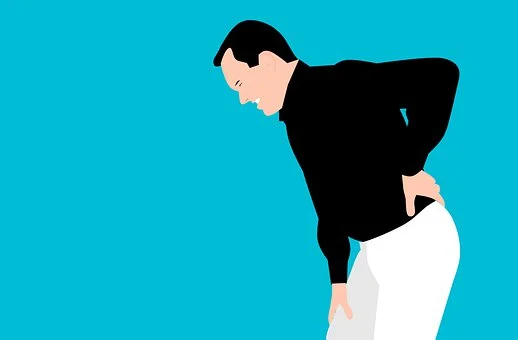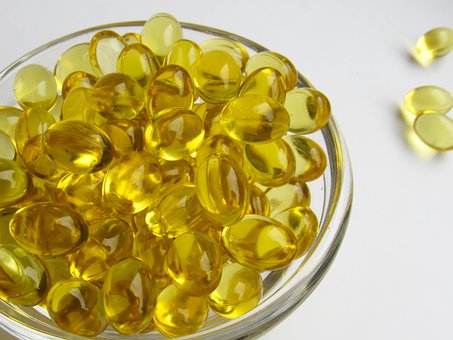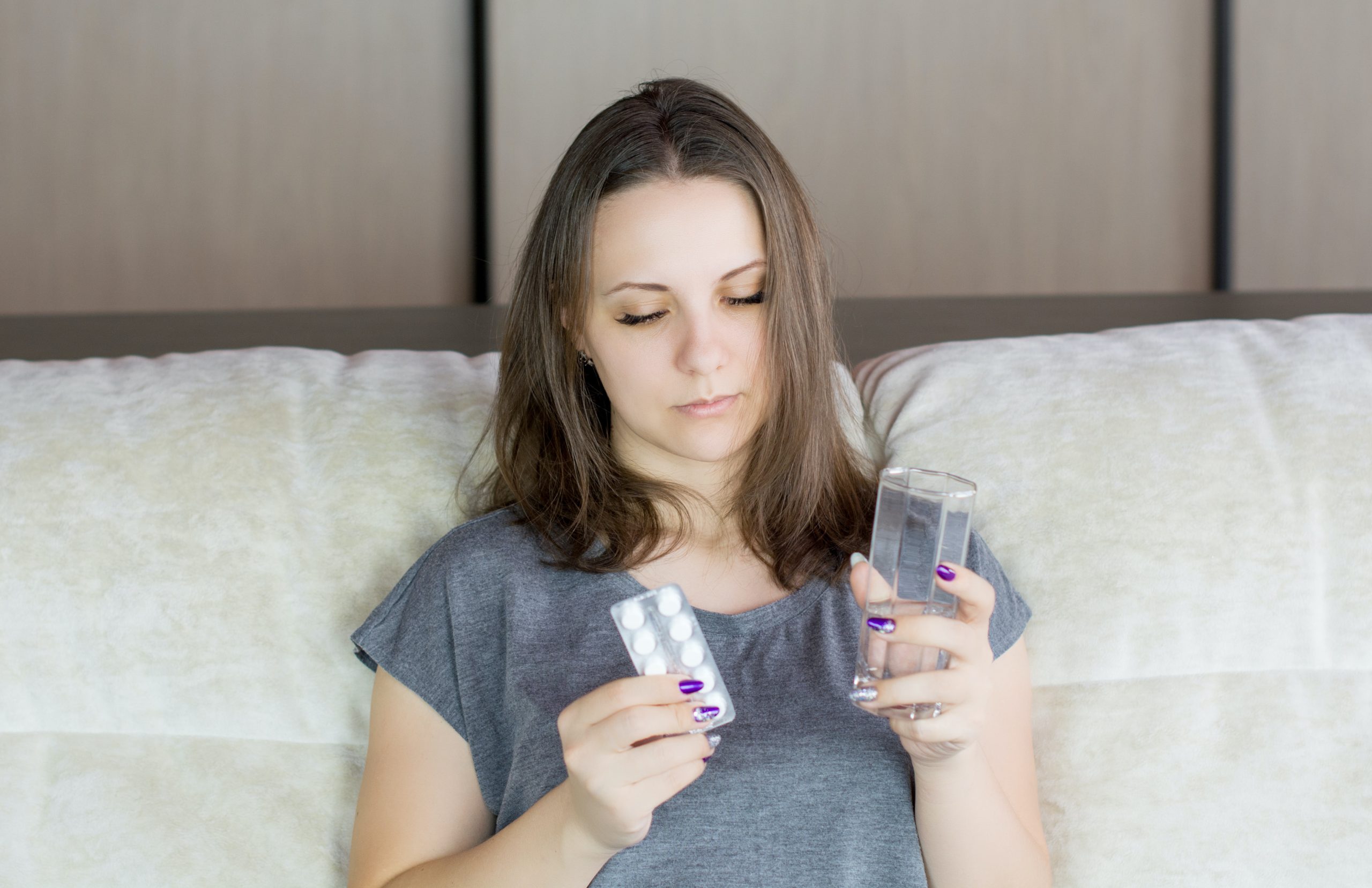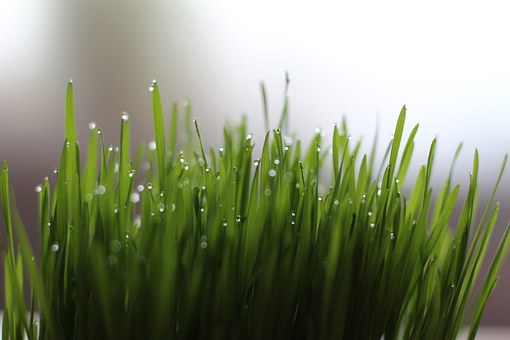Do you suffer from mood disorders, hair loss, obesity, fatigue, muscle and bone pain? If yes, then you should get your vitamin D levels checked.
Nowadays, Vitamin D is a common deficiency among all age groups, classes, and gender. This predominantly occurs in people with low sun exposure and bad food habits. However, some disorders can also limit vitamin D’s absorption including renal disease, gastrointestinal disease, and liver disorders.
Why do you need vitamin D?
Vitamin D plays a significant role in supporting our body’s normal function. A low level of vitamin D may create health illnesses such as rickets in children, osteoporosis and osteomalacia in adults, Bone fractures, muscle weakness, mood disorder, schizophrenia, and Mala absorption of the nutrient.

In addition, vitamin D is beneficial for managing various health issues, including:
- Bone health
- Immune functioning
- Gums and teeth health
- Diabetes
- Multiple sclerosis
- Memory loss
- Hair, skin, and nails
- Moods swings, depression, and anxiety
- Joint pain
- Muscle pain
- Improving IQ concentration
Foods rich in vitamin D
Naturally available sources are the best, although many supplements are available in different vitamin D concentrations. However, for vitamin D, early morning, sun exposure (15mins a day), and healthy food habits are enough.
You can get vitamins from varieties of foods. Below are the vitamin D rich foods you should have in your diet:
- Mushroom- adding them to vegetables, omelets, soup, and other dishes is a good idea to make you healthy. Moreover, mushrooms are directly exposed to sunlight that’s why they are rich in vitamin D.
- Fish– is an excellent source of omega3, protein, and vitamin D. So, try out herring, mackerel, salmon they contain a good amount of vitamin D.
- Desi ghee– vitamin D is a fat-soluble vitamin that needs saturated fat for its absorption. Moreover, fats cause lubrication and make absorption of nutrients easily.
- Fortified food- anything which is fortified is an excellent source of vitamin D including foods such as fortified milk, fortified cereals, tofu, fortified orange juice, and yogurt.
- Finger millet (Ragi)- it is one of the most nutritious and healthy cereals, it contains a good amount of calcium, magnesium, protein, and carbohydrate. including ragi in the diet daily may definitely help with low vitamin D levels.

Surprising causes of vitamin D deficiency
Vitamin D is important in controlling various health issues and with proper medication, regular exercise, and a healthy diet you can keep your vitamin D at a healthy level. Although, if you still suffering from low vitamin D, maybe there are some other causes, and Managing the causes that make you vitamin d deficient can be a balancing act.
Moreover, whether you are already vitamin D deficient or recently diagnosed with it, you will get surprised to know what silly mistake you are doing which is making you vitamin D deficient. Have a look:
Breastfed infants –
Pediatrics advise vitamin D supplements to infants who are exclusively breastfed as they can’t get enough vitamins through breastfeeding.
Not taking enough sunlight-
For vitamin D, our body is 70% dependent on sun exposure and 30% food intake. Our body produces vitamin D when exposed to sunlight, it converts cholesterol into vitamin D. Darker skin people with high melanin, are more prone to vitamin D deficiency due to low synthesis of vitamin D, sun creams can also hamper the production of vitamin D.
People are not aware that when we apply sunscreens, wear scarves and hats we limit vitamin D exposure, which causes mala absorption. Without proper sun exposure, our body may not be able to produce vitamin D effectively. Therefore, It is very beneficial for us to enjoy sun exposure once in a while.

Excessive wheat intake
Wheat is a common food among Indians and is daily consumed but excessive wheat intake is not good for bone health as wheat contains phytic acid which causes malabsorption of vitamin D and calcium, making us prone to vitamin D deficiency.
Unhealthy lifestyle
Homebound people or office-going people are supposed to be more vitamin D deficient but taking out 5-10 minutes of your day for sun exposure is beneficial for your body. And if not possible then consume vitamin D-rich food. Further, areas located in northern altitude or high polluted cities may also have increased chances of low sun exposure.
Processed food-
Anything you have in your diet may affect your vitamins and minerals absorption. Unhealthy and heavily processed food contains a rich amount of sugar, salt, and other harmful additives which is not only harmful to the body but also decreases the absorption of vitamins and nutrients.
Overcooking of food-
overcooking may lead to loss of vitamins and minerals present in the food and becomes harder to metabolize, so try to eat slightly cooked vegetables.
Plastic use-
It is advisable to limit plastic container use because it may lead to various health issues such as heart, digestive, hormonal, and renal issues. and a weak body’s system may hamper absorption of vitamins and minerals.

What happens if we take vitamin d in excess?
Nowadays, self-medication of neutraceuticals is very common among people and has serious side effects. So, always consult your doctor before taking vitamin D as high levels in the body may lead to serious health consequences such as the absorption of calcium, leading to a higher risk of heart diseases and kidney stones.
However, the best way to consume vitamin D is through diet and sun exposure and we only need additional supplements when advised by our doctor.



